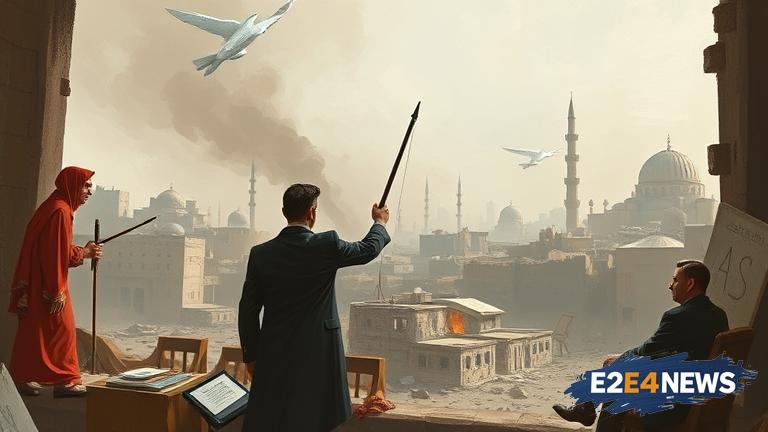The recent surge in discussions surrounding the Gaza genocide has brought to the forefront a complex interplay of historical narratives, political motivations, and humanitarian concerns. At the heart of this debate lies the question of whether the situation in Gaza can be accurately described as a genocide, with some arguing that the term is apt due to the high civilian casualty rates and what they perceive as a systematic attempt to eradicate a particular group. Others, however, strongly disagree, pointing out that such comparisons trivialize the Holocaust and lack historical context. The Holocaust, a genocide during World War II that resulted in the systematic murder of six million Jews by the Nazi regime, is often cited as a point of reference in these discussions. Proponents of the Gaza genocide narrative argue that the scale of violence, the targeting of civilians, and the blockade imposed on Gaza by Israel are reminiscent of the conditions that led to the Holocaust. They emphasize the importance of learning from history to prevent similar atrocities from occurring. On the other hand, critics of this narrative argue that the situation in Gaza, while undoubtedly grave and in need of urgent attention, does not meet the legal and historical definitions of genocide as defined by the United Nations. They point to the political and ideological motivations behind labeling the situation as such, suggesting that it is used as a tool to delegitimize Israel and distract from the complexities of the conflict. The legal definition of genocide, as outlined in the Convention on the Prevention and Punishment of the Crime of Genocide, requires the intent to destroy, in whole or in part, a national, ethnical, racial, or religious group. Critics argue that while the situation in Gaza is dire, with significant humanitarian issues stemming from the conflict and the blockade, it does not fulfill this criterion. Furthermore, they highlight the role of Hamas and other militant groups in Gaza, whose actions, including the launching of rockets into Israeli territory, are seen as provocations that lead to Israeli military responses. The debate is also marked by a struggle over the narrative of the Holocaust, with some fearing that comparisons between the Holocaust and the Gaza situation diminish the significance and uniqueness of the Holocaust. Others argue that drawing lessons from the Holocaust, including the importance of protecting human rights and preventing mass atrocities, is essential in addressing the situation in Gaza. The international community is divided on the issue, with some countries and organizations expressing deep concern over the humanitarian situation in Gaza and calling for an end to violence, while others support Israel’s right to self-defense. The United States, European Union, and other global powers have been involved in efforts to broker peace and alleviate the humanitarian crisis, though their approaches and success have varied. Amidst this complex geopolitical landscape, the people of Gaza continue to suffer, with high levels of poverty, unemployment, and lack of access to basic services such as healthcare and education. The psychological toll of living under constant fear of violence and with limited freedoms is also a significant concern. Human rights organizations have been vocal about the need for accountability and for all parties involved to respect international law. They have documented numerous instances of potential war crimes and called for independent investigations. The use of social media and other digital platforms has played a significant role in shaping the public discourse around the Gaza genocide debate, with both sides using these tools to disseminate their narratives and mobilize support. However, this has also led to the spread of misinformation and the polarization of opinions. In conclusion, the debate over whether the situation in Gaza constitutes a genocide is multifaceted, involving historical, legal, political, and humanitarian dimensions. While comparisons to the Holocaust are controversial, the situation in Gaza undoubtedly requires urgent international attention and action to prevent further suffering and to seek a lasting resolution to the conflict. Finding a balance between acknowledging the gravity of the situation in Gaza and respecting the historical significance of the Holocaust is crucial. Ultimately, the path forward involves a commitment to dialogue, a respect for human rights, and a concerted effort to address the root causes of the conflict.
